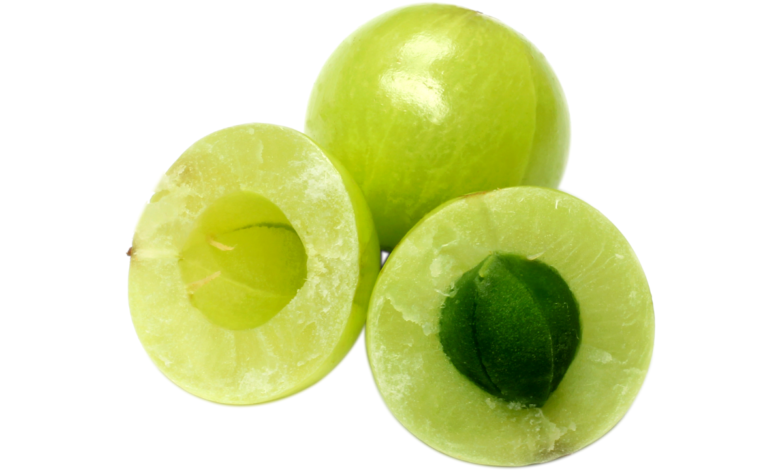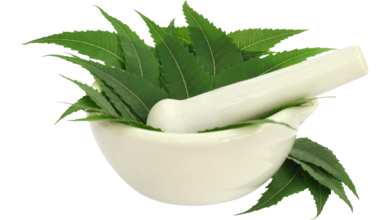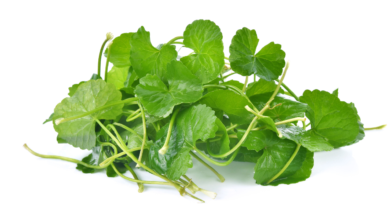Amla (Indian Gooseberry): Rich in vitamin C and antioxidants.

Brief information about it:
Amla, scientifically known as Emblica officinalis, is a rich source of vitamin C and other antioxidants. It’s widely used in Ayurvedic medicine for various health benefits.
Uses:
· Immune Booster: Strengthens the immune system.
· Digestive Health: Improves digestion and relieves constipation.
· Antioxidant Properties: Protects cells from damage caused by free radicals.
· Hair Health: Promotes hair growth and prevents hair loss.
· Skin Health: Improves skin health and reduces signs of aging.
Mechanism of action:
· Rich in Vitamin C: A powerful antioxidant that boosts immunity and protects cells from damage.
· Anti-inflammatory Properties: Reduces inflammation in the body.
· Digestive Benefits: Improves digestion by stimulating the production of digestive enzymes.
Elimination half life:
The elimination half-life of the nutrients in amla hasn’t been specifically studied. However, the body absorbs and utilizes the nutrients over time.
Route of Administration:
Oral: Amla can be consumed in various forms, including fresh fruit, juice, powder, or supplements.
Side effects:
Generally well-tolerated, but excessive consumption may lead to:
- Upset stomach
- Diarrhea
- Allergic reactions
Dose:
The appropriate dosage of amla can vary depending on the individual and the specific condition being treated. It’s best to consult with an Ayurvedic practitioner or healthcare provider to determine the right dosage for you.
Precautions:
· Pregnancy and Breastfeeding: Pregnant or breastfeeding women should consult with a healthcare provider before using amla.
· Blood Thinners: Amla may interact with blood-thinning medications.
· Diabetes: People with diabetes should monitor their blood sugar levels when consuming amla.





